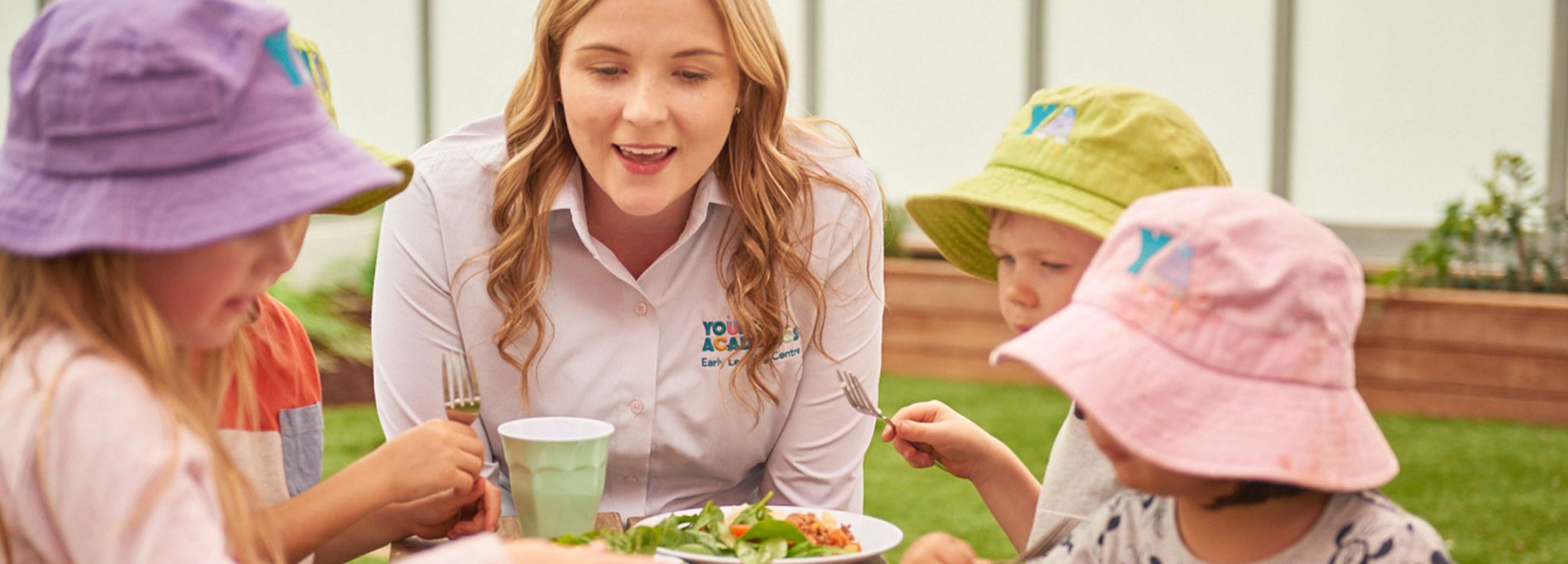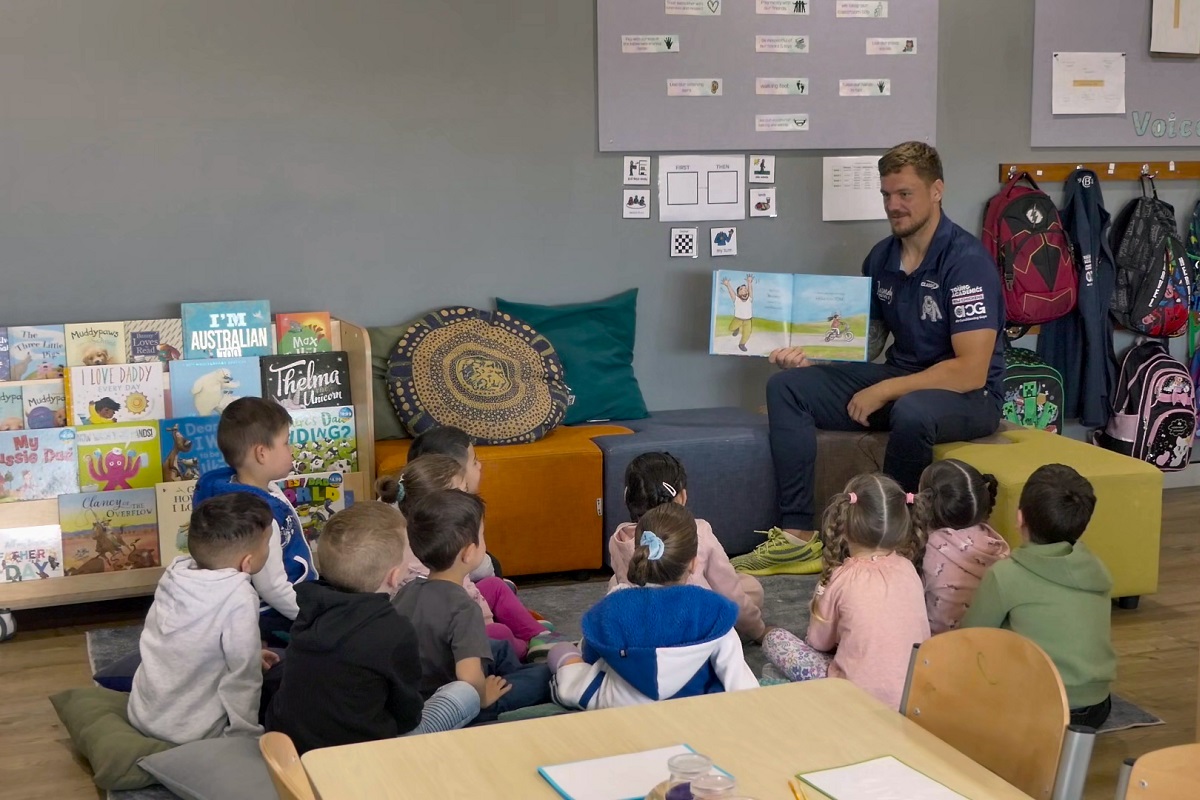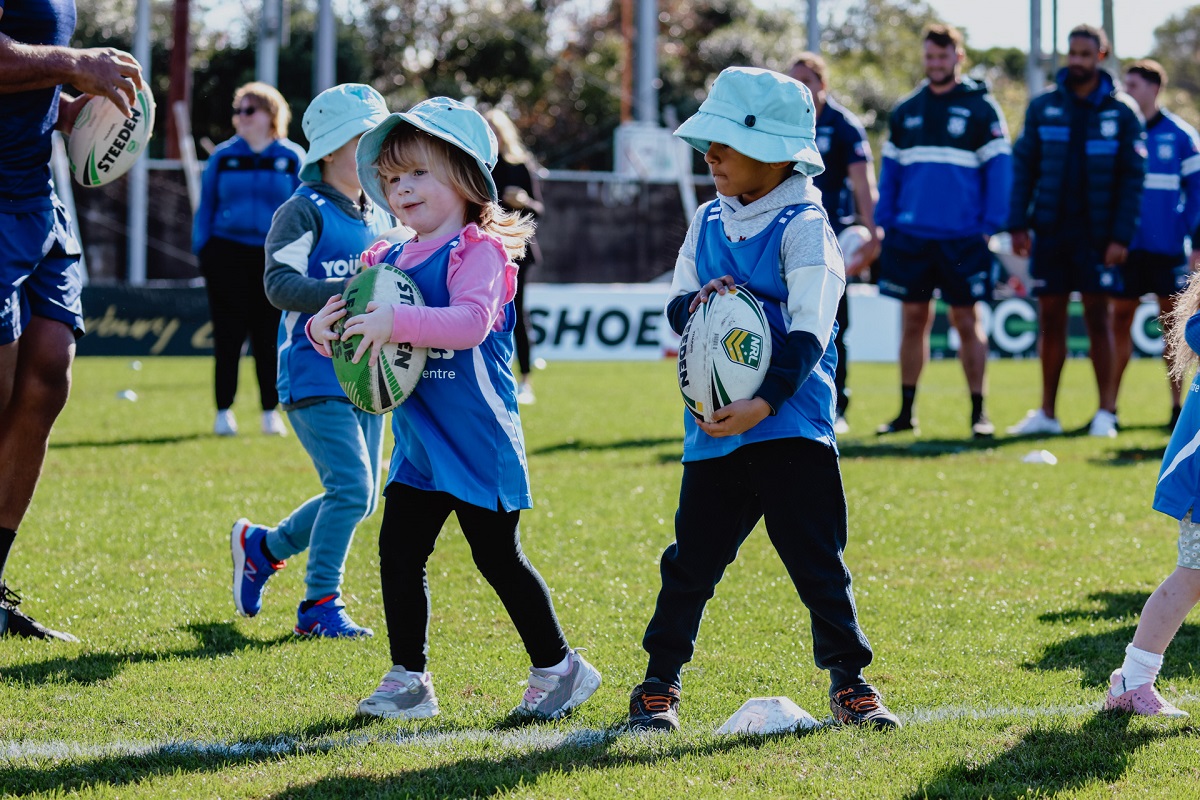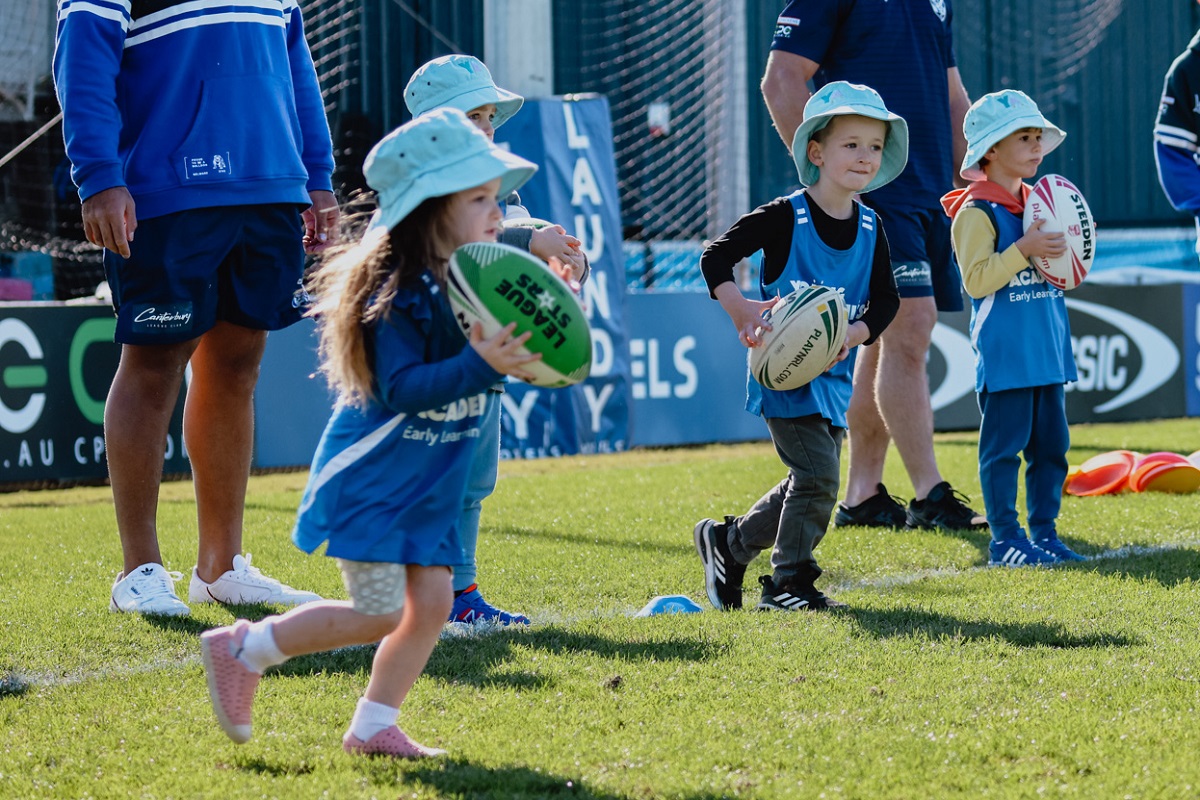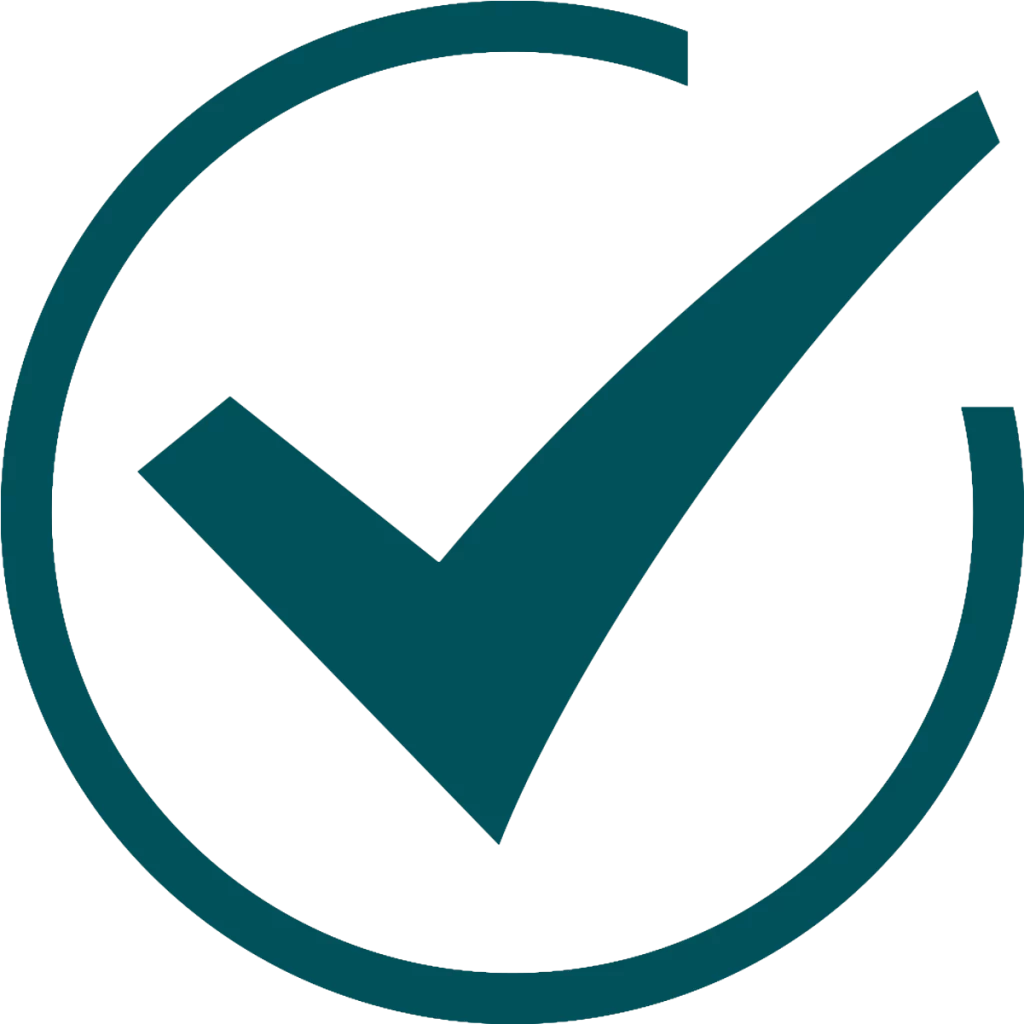A child's development in their early years is critical in assisting in the development of their social skills and abilities. The first five years is a period of rapid and significant change when experiences shape identity.
Educational programs such as the Young Academics Evolution Program (tailored to 0-3 year old) and the Transition to school program (tailored towards preschool-aged children) ensure that the programs are child-centred, stimulating and maximise opportunities for enhancing and extending each child's play and learning.
When planning programs, educators design experiences and activities aimed at developing each child's thinking, skills, interests, and abilities. While all services are required to plan for children, how it looks will vary in each early learning centre.
What should a program look like?
When looking at Early Learning programs there is no set format. However, all programs involve planning for children's learning and development including, physical skills, language and literacy skills, personal and interpersonal skills, creativity and skills in expressive arts, problem-solving, thinking, and mathematical abilities.
Depending on the age or the developmental level of the child, the activities and experiences early learning centres use to build these understandings and skills will look different.
The Young Academics Evolution program developed in alignment with the National Quality Framework and the Early Years Learning Framework integrates various literacy and numeracy activities through reading, writing, listening, conversing, intentional play and more. The relationship between sounds, words and ideas help children develop their thinking. Critical thinking is further developed through activities such as tactile play, which refines a child's fine motor skills.
Programs for preschool-age children, such as the Transition to School program build on foundational skills and focus on the further development of knowledge and skills around reading, writing, science and mathematics. This knowledge and skills are developed through programs that are planned, play-based and focused on children's interests.
How can families be involved?
Early Learning centres will incorporate information from families about their children's interests and experiences from outside of the service to further enhance the relevance of the program to each child.
Some of the ways services may seek this information include:
- Daily conversations with families at the beginning or end of each day.
- Formal meetings with families.
- Communication with books that are used for families and exchange information about the child at home and at the service.
- Daily diaries or spaces on the program documentation where families can write their ideas, suggestions and information about their child's interests and experiences.
- Communication apps such as OWNA where parents can share photos of their weekend with their child’s educator.
How do Early Learning centres put these programs into practice?
Pedagogy is a professional practice that involves curriculum decision making and teaching.
Educators will establish respectful and caring relationships with both the children and their families so that they can work together to construct curriculum and learning experiences that are relevant.
When the family is informed about the program and their child's progress, they are better equipped to engage with the service and make decisions that strengthen their child's learning, development, and wellbeing.
Childcare centres may then share these observations with families through:
- Through conversations about the children.
- Verbally sharing positive observations with families about their child.
- Showing meaningful documentation to families about their child.
- Exchange information with families about the educational program.
- Sharing updates with families through apps such as OWNA.
Practice is embedded in service operations.
One way a service may embed its framework into its practice is by linking its programs back to its centre philosophy.
A shared understanding of what is trying to be achieved by the educators can showcase how they are applying those pedagogical practices into action. They value and respond to children's ideas, and extend children's learning through open-ended questions, meaningful interactions and encouraging feedback. They promote each child's agency to help them make choices and decisions that influence their world. Childcare educators should also draw on their creativity, imagination, and insight to help improvise and adjust their practice to suit the time, place and context of children's wellbeing and learning.
Intentional and responsive educators actively engage in children's learning and share decision-making responsibilities with them. They use everyday interactions with children during play, routines, and ongoing project work to stimulate children's thinking and to enrich their learning.
For more information about the programs and practices applied at Young Academics, please contact us on 1300 668 993.



 BACK
BACK